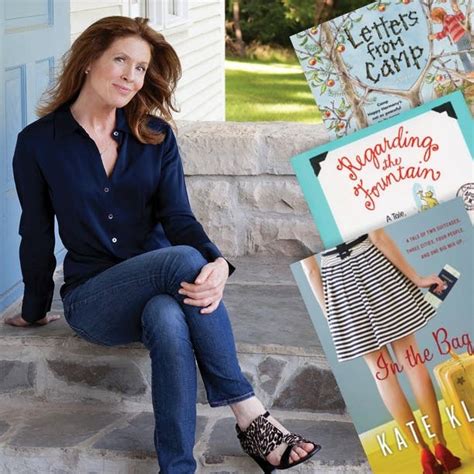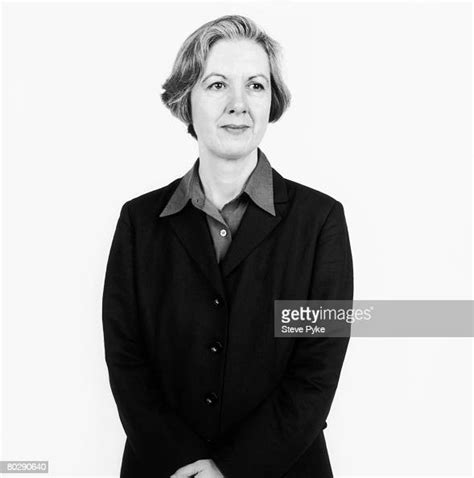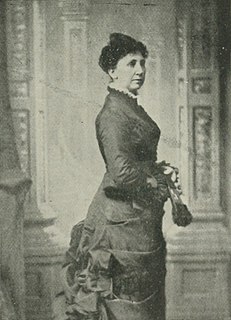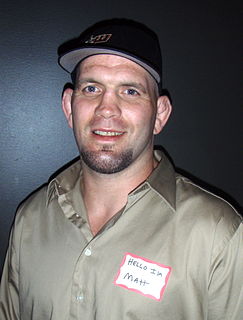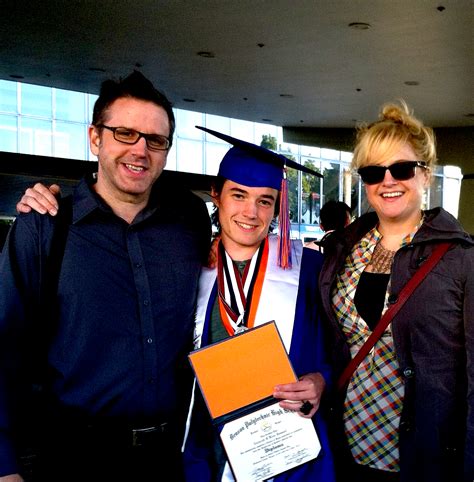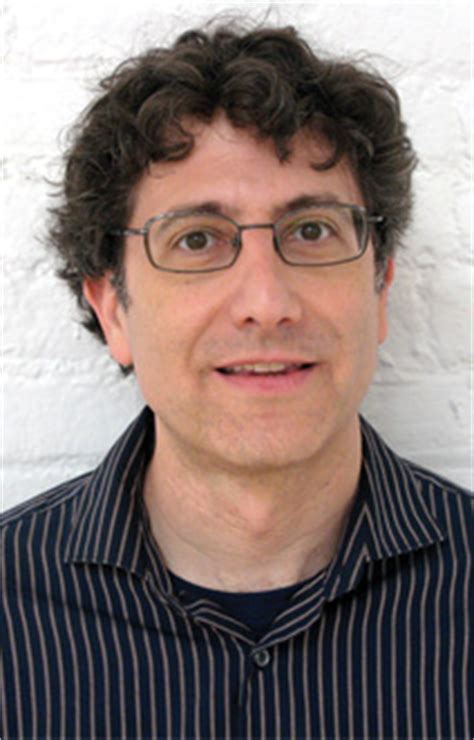A Quote by Kate Klise
When I lead essay workshops, I ask students to come up with at least five topics, which they'll narrow down to one. The winning idea should be the story the student is most excited to tell because it honestly reflects his or her best self.
Related Quotes
I try to tell student writers to read as much as possible, not only literature but philosophy, theory, and to form obsessions. There's a big taboo in fiction creative writing workshops against using the self at all, and I think I try to encourage students to write the self, but to connect the self to something larger, which is to be this thinking, seeing, searching, eternally curious person, and that writing can come out of investigating and trying to understand confusion, and doubts, and obsessions.
I don't ask my students to have studied film or any education in general. What I ask them is to come and sit and tell me a story, and the way they choose it and tell it, for me, the best criteria for whether they are right for making films. There's nothing more important than being able to tell your story orally.
The high-school English teacher will be fulfilling his responsibility if he furnishes the student a guided opportunity, through the best writing of the past, to come, in time, to an understanding of the best writing of the present. He will teach literature, not social studies or little lessons in democracy or the customs of many lands. And if the student finds that this is not to his taste? Well, that is regrettable. Most regrettable. His taste should not be consulted; it is being formed.
Today the manliest man would be ashamed to look into the eyes of the woman by his side and tell her that he is the master because he could knock her down with perfect ease, and break her bones with much greater facility than she could his. And yet, out of man's brute nature, out of that most ignoble in himself, has come his loudest assumption of superiority, his longest and lowest tyranny.
There is no other place where the heart should be so free as before the mercy seat. There, you can talk out your very soul, for that is the best prayer that you can present. Do not ask for what some tell you that you should ask for, but for that which you feel the need of, that which the Holy Spirit has made you to hunger and to thirst for, you ask for that.
A Student is the most important person ever in this school...in person, on the telephone, or by mail.
A Student is not dependent on us...we are dependent on the Student.
A Student is not an interruption of our work..the Studenti s the purpose of it. We are not doing a favor by serving the Student...the Student is doing us a favor by giving us the opportunity to do so.
A Student is a person who brings us his or her desire to learn. It is our job to handle each Student in a manner which is beneficial to the Student and ourselves.
The best time to tell your story is when you have to tell your story. When it's not really a choice. But then, when you get that first, messy, complicated version down, you have to read it over and be very tough on yourself and ask, 'Well what's the story here?' If you're lucky enough to have someone you trust looking over your shoulder, he or she can help you if [you] lack perspective on your own story.
Vera said: 'Why do you feel you have to turn everything into a story?' So I told her why: Because if I tell the story, I control the version. Because if I tell the story, I can make you laugh, and I would rather have you laugh at me than feel sorry for me. Because if I tell the story, it doesn't hurt as much. Because if I tell the story, I can get on with it.
I tell my students that when you write, you should pretend you’re writing the best letter you ever wrote to the smartest friend you have. That way, you’ll never dumb things down. You won’t have to explain things that don’t need explaining. You’ll assume an intimacy and a natural shorthand, which is good because readers are smart and don’t wish to be condescended to.
Lore is my favorite kind of story. Because it's not only historical, it's a lie everyone knows is a lie but tells anyway. I love that. Of course every story I tell is true. Completely true. Completely and utterly at least five-eighths of the way to being true, which is truer than any piece of lore and truer than most truths you'll hear.
The Talmud tells a story about a great Rabbi who is dying, he has become a goses, but he cannot die because outside all his students are praying for him to live and this is distracting to his soul. His maidservant climbs to the roof of the hut where the Rabbi is dying and hurls a clay vessel to the ground. The sound diverts the students, who stop praying. In that moment, the Rabbi dies and his soul goes to heaven. The servant, too, the Talmud says, is guaranteed her place in the world to come.
